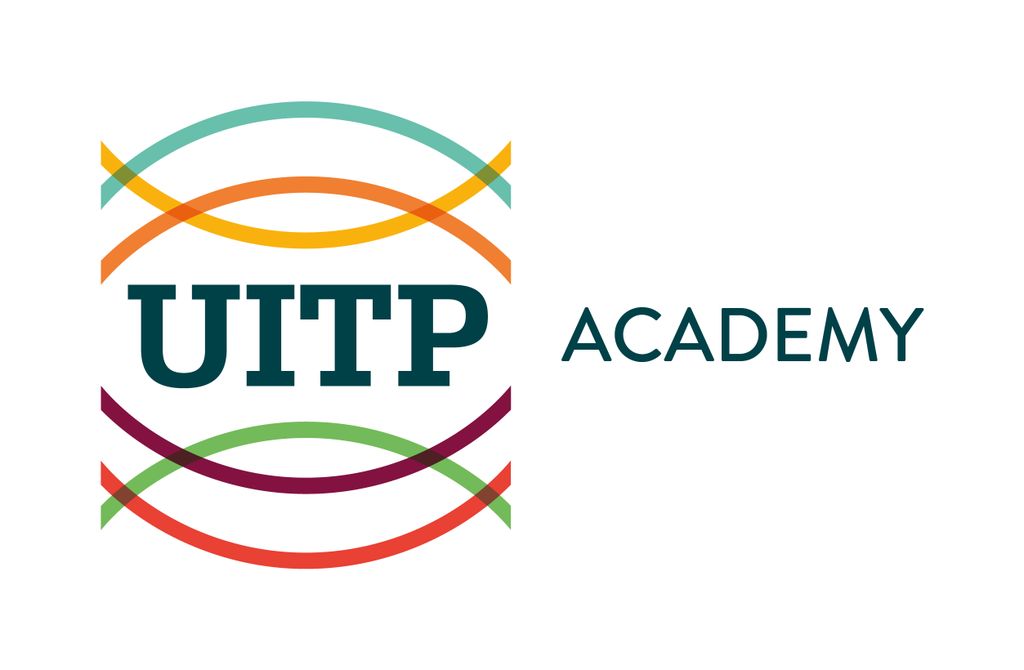
Rail Operation and Maintenance
About
Maintenance has always been a significant cost driver, the “invisible” guarantee for reliability and quality of service. Assets deteriorate over time and if you do not maintain, you will deteriorate your service, loose quality, loose customers and in the end lose your assets. From the principles of asset management and maintenance to a detailed understanding of the maintenance of various assets, and from lifecycle costs and planning to obsolescence management, this training programme will provide you with a comprehensive overview of the topic through a unique methodological approach illustrated by international best practice and on-the-ground operational experience.
Nevertheless, times are also changing in this area and technology is evolving: maintenance organisation can be shifted from preventive based on time or intervals to predictive based on real maintenance needs and real conditions of equipment. Modern smart equipment are bringing about a paradigm shift through their ability to inform precisely about assets’ technical status in real time. Condition-based maintenance can increase cost efficiency, but requires a profound reshaping of maintenance organisation and processes. Furthermore, real-time data, big data and digitalisation are improving the way maintenance can be predicted and optimised.
Hence beyond providing you with the classic, yet essential maintenance and asset management principles and best practice, this course will also give you the opportunity to discuss the implications of new technologies and the use of industry-like measures to make your training programme ever more efficient.
Learning objectives
- Understand the key elements of public transport operations planning and execution
- Explain the fundamentals of asset management, and apply its principles to facility and fleet maintenance planning
- Apply life cycle planning and costing for all public transport assets
- Develop and implement a predictive maintenance programme for facilities and fleets
- Estimate and schedule facility and fleet maintenance programmes
- Prepare a transit asset management plan and annual work plans
- Develop and justify budgets and staffing plans
- Measure and evaluate existing maintenance and asset management programmes
- Assess the benefits and disadvantages of outsourcing and in-house maintenance
- Integrate human capital in asset management planning
- Manage human resources in maintenance
- Lean about the implications of big data and digitalization for maintenance and asset
Why choose an online course?
- Interact with public transport professionals from across the world
- Be time efficient, with 8 sessions over a 3-week timespan
- Flexibility to join the sessions from any location in the world, at work or at home
Methodology
- Get inspired by our trainers, understand the main concepts and learn from successful best practice
- Participate in interactive plenary sessions with introductions by course leaders, presentations by trainers and open discussions with participants
- Challenge your practical knowledge on maintenance and asset management
- Address the topic from an international perspective, enriched by different cultural approaches and points of views
- Participate to practical exercises and case studies
- Benefit from a unique exchange of knowledge and experience between professionals
UITP Training Programmes and all related processes are certified for ISO29990:2010 – the standard for learning services for non-formal education and training.

Who is it for?
- Incumbent and new managers, supervisors, and coordinators from the following areas and departments: Maintenance, Fleet, Facilities, Operations, Planning, Finance
- Staff from public transport operators, authorities or the industry
- Professionals interested in obtaining a wider and international perspective on maintenance and asset management and eager to learn more from best practice worldwide
- The course welcomes junior and senior professionals worldwide.
Inspiring trainers & guest speakers
All UITP trainers are top level transport and mobility professionals with extensive experience in public transport and operations from different regions of the world. In addition, UITP invites guest speakers to illustrate specific solutions, practices and case studies.

